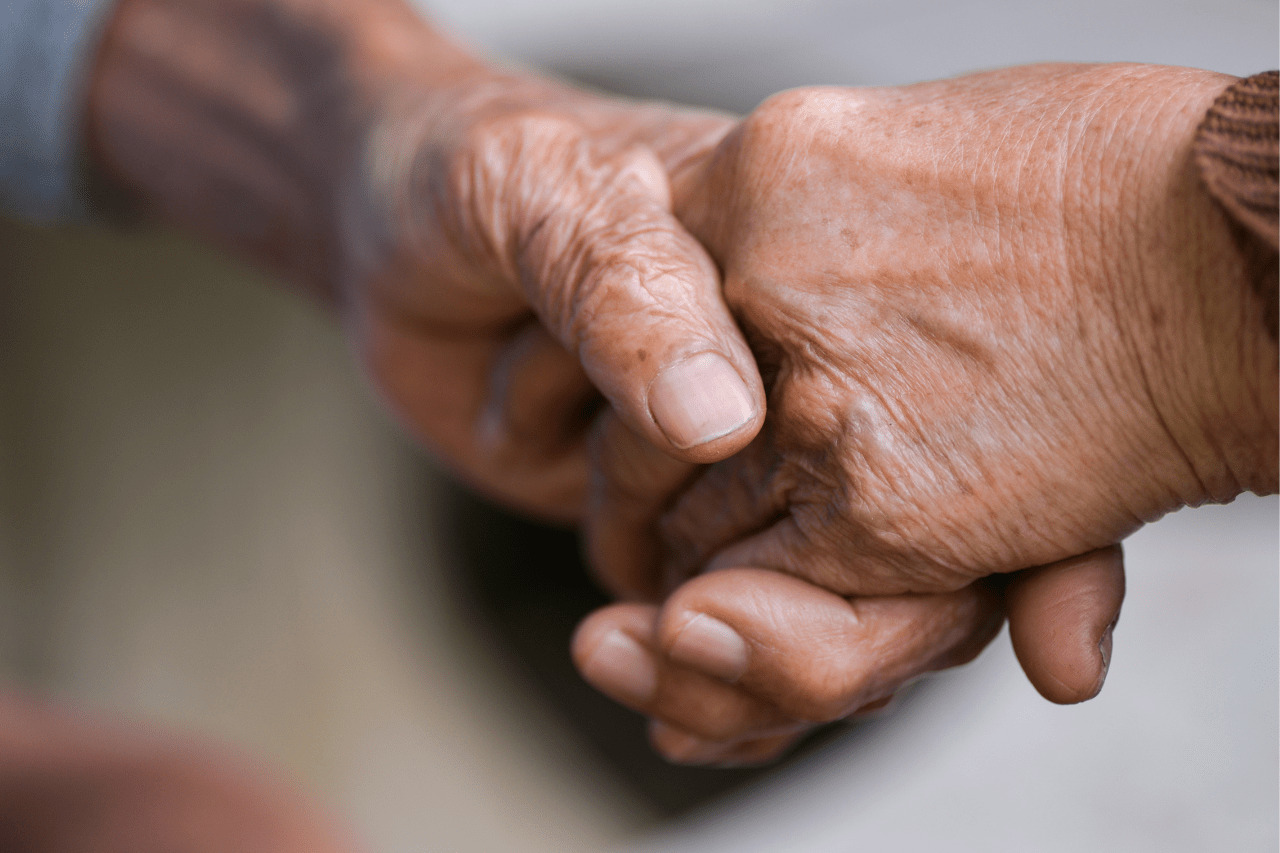
Does microdosing actually promote anti-ageing?
Microdosing is taking small amounts of a substance, usually a psychedelic like LSD. However, it doesn’t have to be LSD—plenty of substances in the Lysergamide
Psilocybin has gone from a mind-bending 1960s drug that was swept under the rug for decades, to its place today as a respected and promising breakthrough plant therapy. Just last month, researchers presented strong evidence that mushroom therapy, combined with psychological support, helps patients suffering from severe depression much better than antidepressants.
For the uninitiated, psilocybin is a natural psychedelic tryptamine found in different species of wild mushrooms and plants. Wild mushrooms that contain it are colloquially referred to as magic mushrooms or just ‘shrooms for short.
“From hallucinogenic fungi in North African cave paintings to Lewis Carroll, The Beatles and Phantom Thread, the humble mushroom has long occupied an otherwordly place in art and culture.”
Above, London-based journalist, Sirin Kale points out that humans have celebrated and harnessed the power of psychedelic mushrooms for thousands of years. However, brief dabbling in its potential for psychiatric therapy in the 50s and 60s was cut short, mostly as the result of the War on Drugs initiated in the 70s that is still raging today.
Underground use of magic mushrooms has continued since its prohibition in the 70s, and anecdotal evidence gathered from online communities such as Reddit indicated there may be something to psilocybin having therapeutic benefits, including being able to alleviate depression better than the average barrage of pharmaceuticals could.
That fact and others led to a resurgence in the popularity of ‘shrooms. Relatedly, drug companies are now looking closely at their potential of in alleviating certain mental health challenges.
Literary works brought interest in therapeutic usefulness of classic psychedelics such as ‘shrooms to the forefront; and best-selling psychonaut authors such as Ayelet Waldman and Michael Pollan have chronicled the value of using psychedelics such as magic mushrooms for self-guided healing and discovery.
Likewise, Oregon residents took action because of potential psychiatric benefits of mushroom therapy. Oregon made global news in November for becoming the first state to decriminalize access to psilocybin for adults. A new study indicates that the voters were on the right track since research indicates the therapy is more effective in treating depression than emotion-blunting antidepressants.
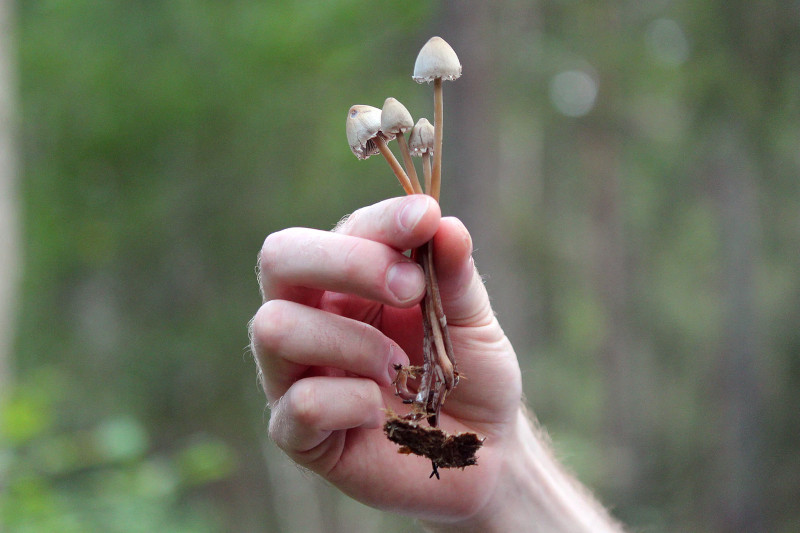
Major depressive disorder (MDD) is the world’s leading cause of disability, and it affects an estimated 300 million people around the world. Unfortunately, antidepressants have shown limited adherence and effectiveness on this substantial public health burden.
If you have suffered depression or witnessed the devastating toll it can take on friends and family members, you are aware of the urgency of discovering and developing new therapies to help treat it. Effective treatments are of vital importance to this affective disorder, and recent studies have the objective of investigating the effect of magic mushroom therapy in patients with MDD.
Drug companies, such as COMPASS Pathways expanded on decades of global research to push this formerly taboo drug into the limelight of legitimate medical studies.
In late 2018, the US Food and Drug Administration (FDA) granted “breakthrough therapy” status to magic mushroom therapy in clinical trials conducted by COMPASS Pathways. The organization was researching the magic mushroom-derived substance’s potential for treating severe treatment-resistant depression, or depression in those whose symptoms haven’t improved after undergoing two different types of antidepressant regimens.
The FDA said that breakthrough therapy status is granted to accelerate the normally sluggish process of developing a drug and its review. The action is typically requested by drug companies, and it is granted solely when preliminary evidence indicates a drug has enormous potential in therapy that is already available. The breakthrough therapy status is a strong endorsement for the potential of psilocybin therapy and continuing research.
In Nov 2020, research teams at John Hopkins and Ohio State University reported that treatment featuring the hallucinogen psilocybin worked significantly better than the usual antidepressant medications for patients suffering symptoms of major depression. The findings from the trial were detailed in JAMA Psychiatry.
Results from the study suggest that one or two administrations of psilocybin with psychological support produce antidepressant effects in patients with cancer and in those with treatment-resistant depression. The author wrote that the study offered “the first peer-reviewed published data showing efficacy for this particular mental health condition.”
Volunteers that participated in the trial each had a history of two-years or more of severe depression. All the participants had to be weaned off their anti-depressant medicine before the trial started.
The patient’s level of depression was assessed by using the GRID-Hamilton Depression Rating Scale, with severe depression rating 24 or more, and no depression being seven or less. When the study started, the average score of the participants was 23.
After four weeks, 71 percent of the subjects displayed more than half of a reduction in their depressive symptoms. The study also saw the score of 23 lowered to eight. By the end of the research, more than 50 percent of the group was in remission.
In comparison with studies focusing on the efficacy of antidepressants on MDD, researchers announced that the mushroom therapy was four times more effective. In a nutshell, psilocybin was found to be four times more effective that conventional antidepressants – an astounding finding!
The study did have a few faults. For one thing, 24 subjects were used, which is considered a small sample size. For another, there was no placebo control used on the cohorts.
A larger Phase 2 clinical trial that tests psilocybin benefits for major depression is happening now. With it, we can expect to get data that is more accurate on the therapeutic impact of magic mushroom-assisted therapy soon.
The Psychedelic Trials Group at the Centre for Affective Disorders is currently running controlled, randomized trials of the ‘shroom-derived drug to determine its efficacy in patients with Depression Resistant to Standard Treatments (PsiDeR). However, the study does not currently have regulatory approval. Volunteers can register their interest in participating at [email protected]
The resurgence of interest in hallucinogens in the research community has fortunately led to new findings and ongoing legitimate clinical trials that use psilocybin to treat deep depression. A series of other recent studies firmly suggests that classic psychedelics may be useful in not only treating drug-resistant depression, but also for treating debilitating anxiety, PTSD, addiction and more.

Microdosing is taking small amounts of a substance, usually a psychedelic like LSD. However, it doesn’t have to be LSD—plenty of substances in the Lysergamide
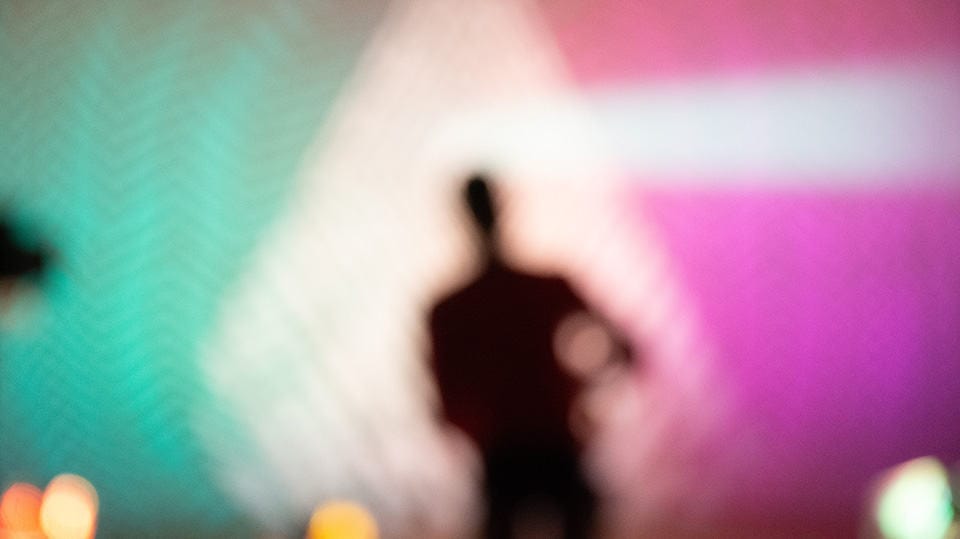
Throughout human history, psychedelics have been subjected to all manner of different labels, judgments, and stigmas. For the largest portion of human history, psychedelics have
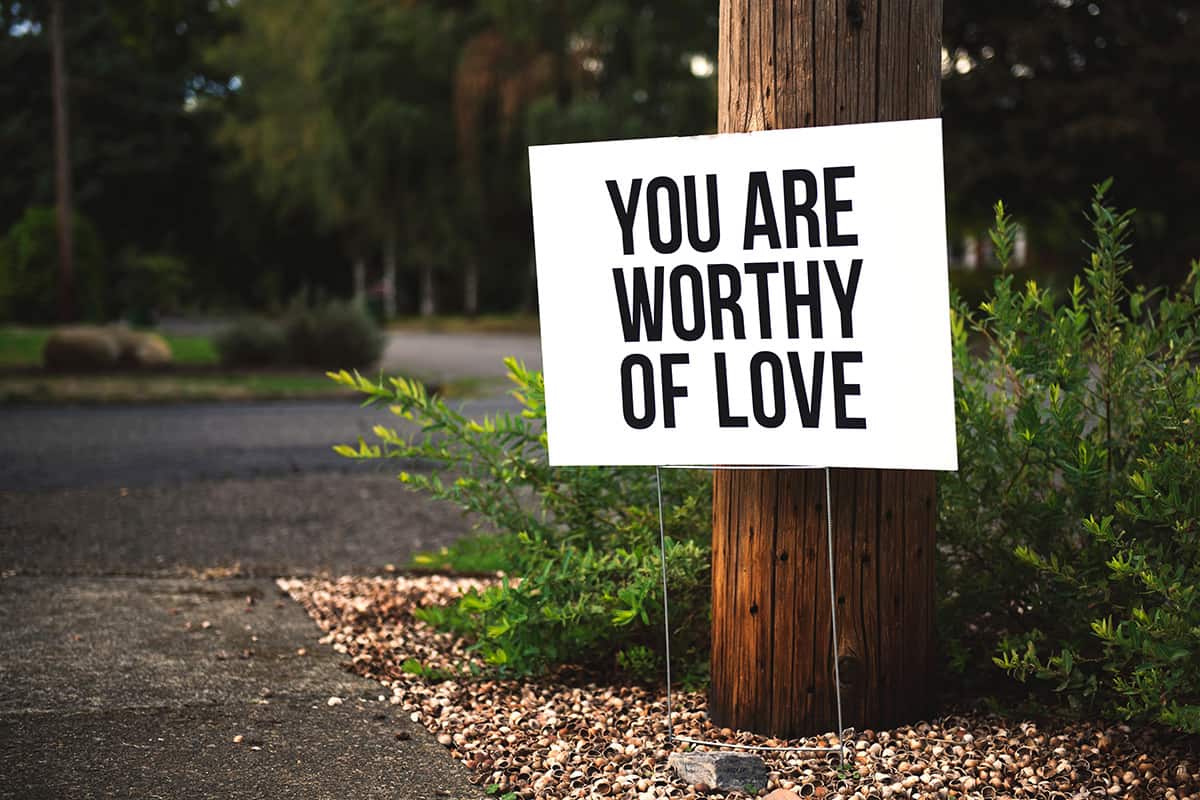
Positive affirmations have been used, in various forms, for thousands of years. Affirmations are phrases that you can repeat to yourself over and over, locking
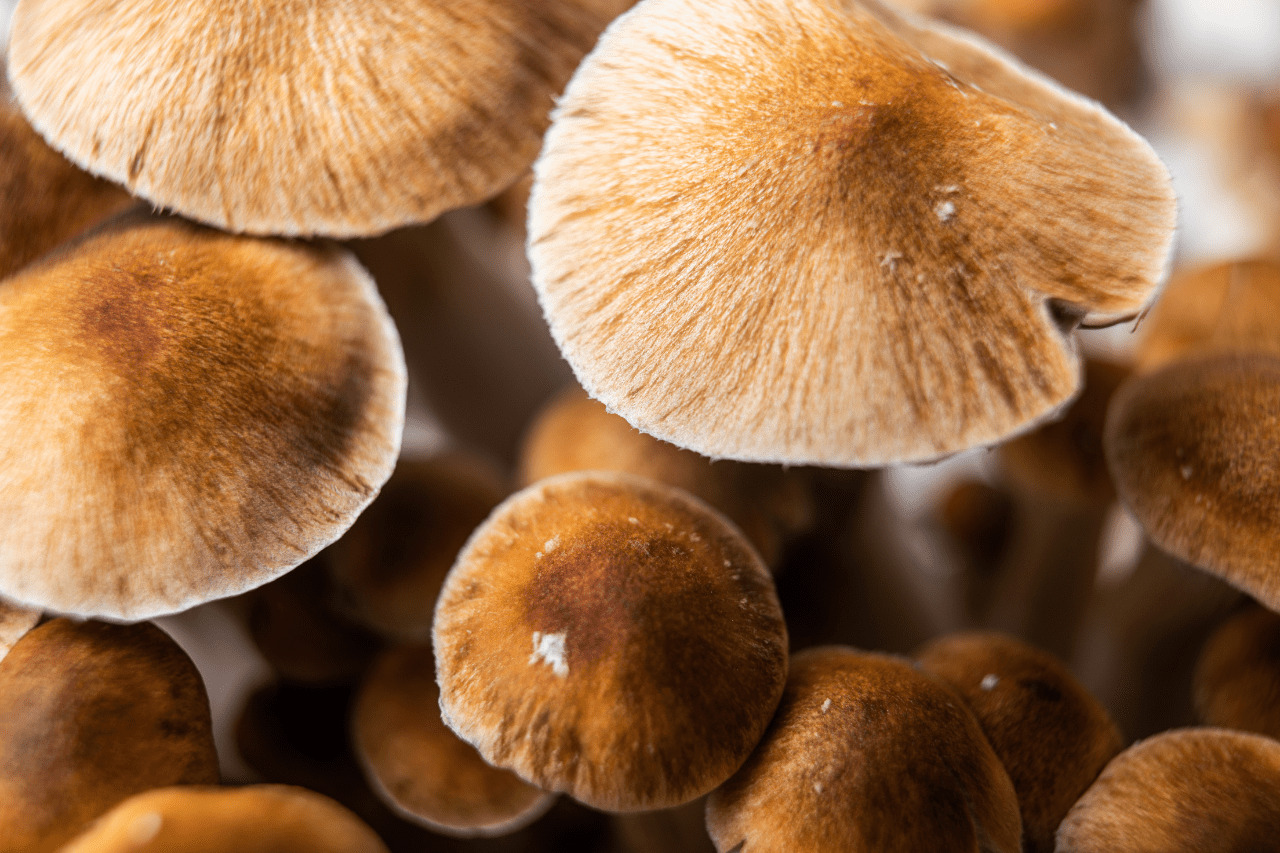
Another Stamets blog. Are you really that surprised? At Journey, we really cannot get enough of this walking legend! Public speaker, researcher, climate change activist,
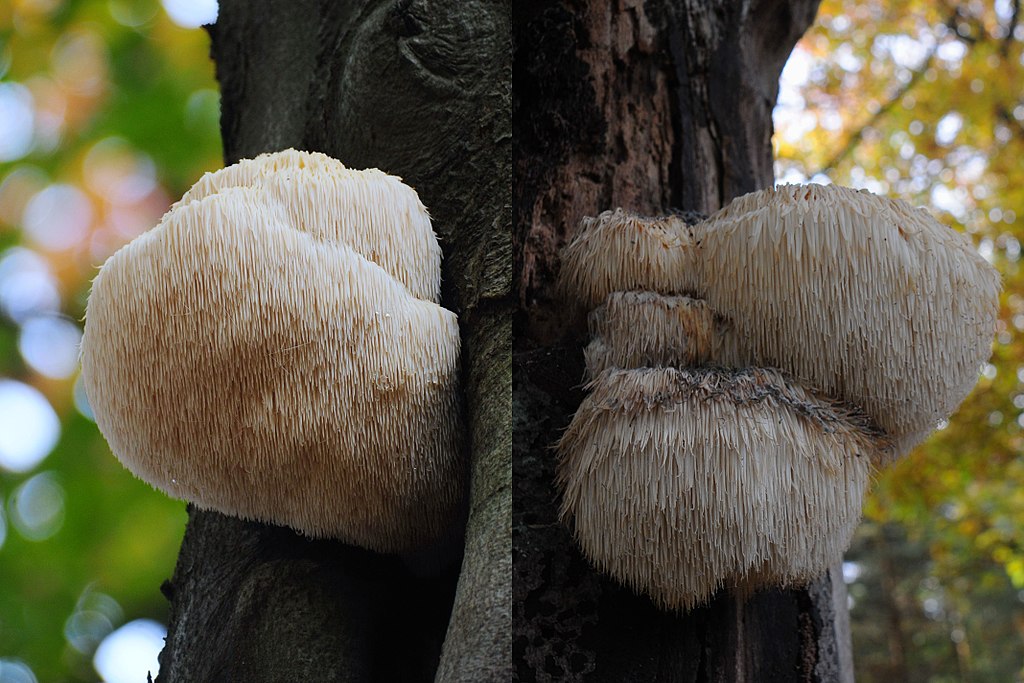
Lion’s Mane is a culinary and medicinal mushroom, and like many other edible fungi, they have essential nutrients and important health benefits. However, this particular

Who was Santa Claus? Many of us will say with great confidence that Santa Claus is a legend of a man who brings gifts to
GET 10% DISCOUNT WITH NOTIFIED ABOUT THE LATEST NEWS AND UPDATES. NO SPAM, WE PROMISE!
FREE Tracked shipping on orders over €250 to EU countries.
Monday- Friday 8.30am- 5pm (CET)
A range of options available
Guaranteed delivery or your money back